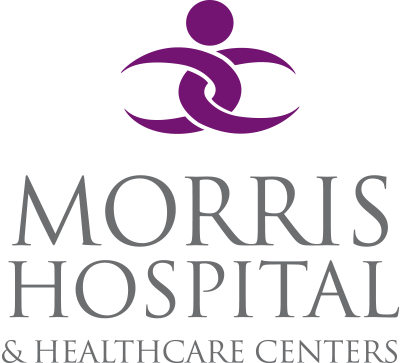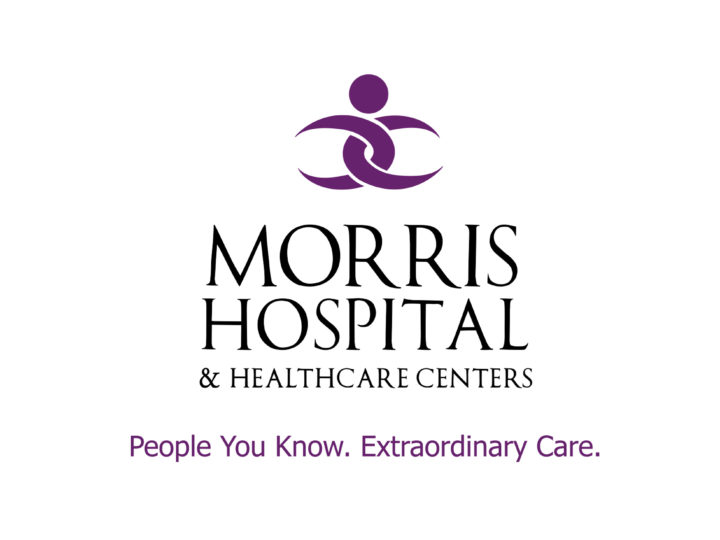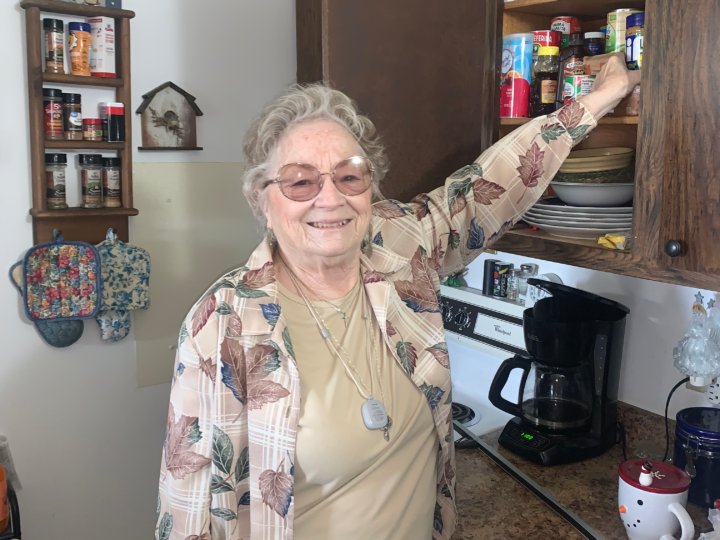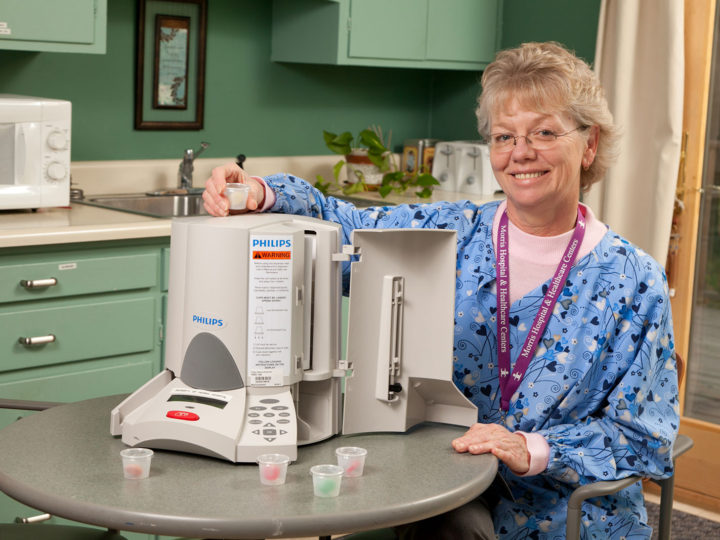Relief from Food Allergies is Within Reach
 For someone who has food allergies, eating may require extensive education and planning. While annoying symptoms such as itchy skin, rashes, and headaches may signal a food allergy, other reactions including hives, shortness of breath, throat swelling, abdominal pain, and even a life-threatening reaction called anaphylaxis can be much more severe.
For someone who has food allergies, eating may require extensive education and planning. While annoying symptoms such as itchy skin, rashes, and headaches may signal a food allergy, other reactions including hives, shortness of breath, throat swelling, abdominal pain, and even a life-threatening reaction called anaphylaxis can be much more severe.
Dr. Hetal Amin, an Allergist-Immunologist with Morris Hospital Allergy Specialists, is an expert in helping patients find relief from food allergies.
“The most common food allergens are peanuts, tree nuts, and shellfish,” said Dr. Amin. “Other well-known food allergens are wheat, milk, eggs, soy, and fish. It’s important to get tested if you suspect you have a food allergy; many less common allergens can be difficult to identify and avoid.”
Although less common, some people are allergic to meats such as beef, pork, and lamb. Sesame seeds, corn, and gelatin-based foods like marshmallows can be allergens, in addition to sulfites, a preservative found in wine, dried fruits, canned and frozen fruits and vegetables, and various condiments. Dr. Amin said avocado and mango allergies are linked to a latex allergy, and some people are allergic to papayas, bananas, or kiwis. Hot dogs contain nitrites and a yellow dye called tartrazine, another sneaky allergen.
After completing diagnostic testing for food allergies, Dr. Amin develops a food allergy action plan for her patients.
“I routinely retest my patients to provide the latest information on treatment and management,” said Dr. Amin. “I teach them to decipher vague food labels, and even help determine which cosmetics and other health and beauty aids they can safely tolerate.”
Dr. Amin advises patients with documented food allergies to carry a quick acting, over-the-counter antihistamine.
“Let your family, friends, and co-workers know about your food allergy, especially if food is being shared in a social setting,” she says. “Those with severe allergic reactions should carry a prescription autoinjectable epinephrine at all times and consider wearing a medical alert bracelet.”
Dr. Hetal Amin, Allergist-Immunologist
Morris Hospital Allergy Specialists
27240 W. Saxony Dr., Channahon
Phone: (815) 705-1300




